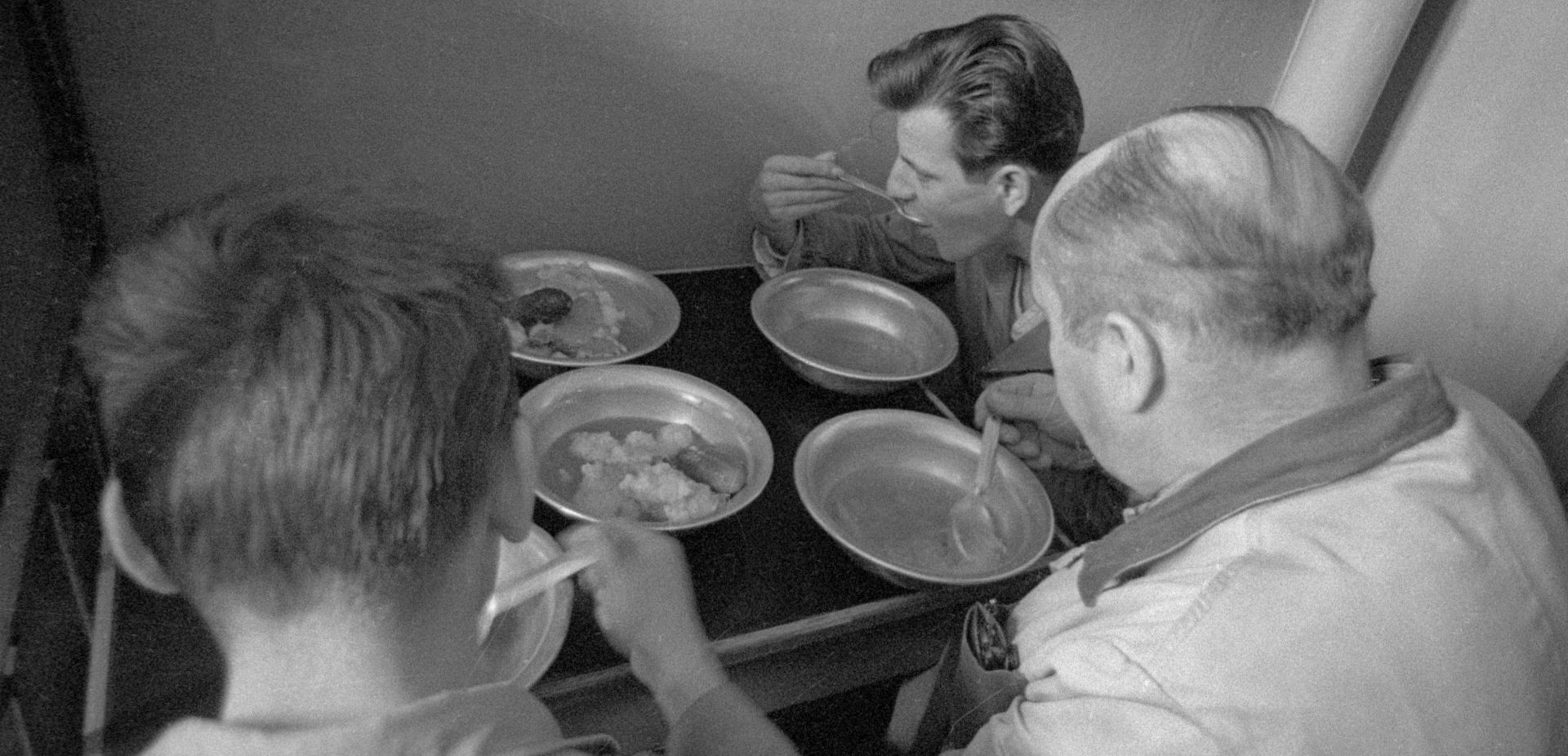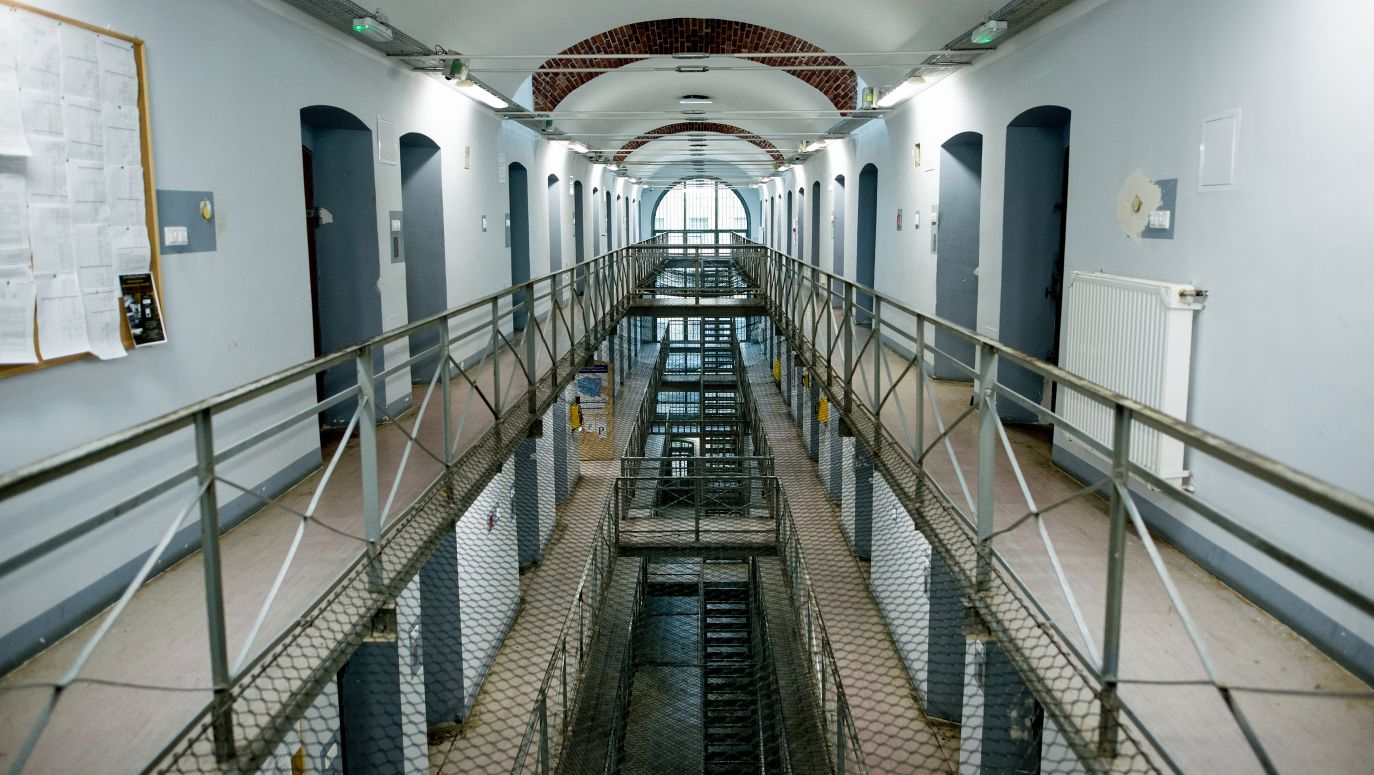TVP WEEKLY: In July, the Sejm passed an amendment to the Penal Code. Criminal law will be made tougher, including the introduction of a 30-year prison sentence and absolute life imprisonment (without the possibility of parole). What should the punishment actually be?
KAZIMIERZ SZAŁATA: Punishment is always a reaction to evil that destroys the moral condition of the perpetrator, the established social order and man's relationship to God. Punishment has a restorative task through rehabilitation and by creating a sense of justice. It certainly cannot be revenge for the evil committed, for revenge always involves bad emotions. Feelings of injustice and revenge arise naturally in human beings, but that is what executive authorities are for - assessing the situation and considering rationally how the wrong done can be rectified - in order to avoid revenge. As we know, if someone, in a desire for revenge, were to attempt to inflict punishment themselves, they will also be subject to judgement and punishment.
The ways in which a sentence is implemented should be modified - based on experience and sound knowledge - so that it effectively fulfils its rehabilitation role. So that it repairs the person and enables him/her to return to life in society. But punishment should also give this society a sense of security. This can sometimes be a problem. For example, juvenile crime has increased significantly in recent years. There is a serious dilemma as to how juvenile bandits, murderers should be treated.
In Poland, persons who have reached the age of 17 are criminally liable. The age limit should therefore be lowered?
There is a problem with setting this boundary accurately, as the maturity of young offenders needs to be assessed. This can be done during the judicial process. Therefore, each case should be considered separately. On the other hand, there is no doubt that the age limit for offenders has clearly decreased. Thus, preventive and educational measures must change. There are killers who are 13-14 years old... They often act with a sense of impunity. I remember a situation when I heard a woman screaming. I ran to her, she was lying with an open fracture of her arm. Witnesses caught the two teenagers who had assaulted her. The police were called. One of the perpetrators, using very vulgar words, said to the police officer: "I warn you, I am a minor. Just try to touch me!".
No one can have a sense of impunity, not even minors. A sense of impunity demoralises. Of course, punishment, rehabilitation in the case of minors requires special care and sensitivity. It is difficult. But society must also be protected from minor offenders.
 SIGN UP TO OUR PAGE
SIGN UP TO OUR PAGE
 You mentioned that punishment should have a rehabilitating role. However, one may wonder to what extent rehabilitation - in a prison, demoralising environment - is possible, and whether it is not a myth.
You mentioned that punishment should have a rehabilitating role. However, one may wonder to what extent rehabilitation - in a prison, demoralising environment - is possible, and whether it is not a myth.
This is a serious problem. The question of the effectiveness of rehabilitation is posed in discussions around the world. There is the dilemma of what to do to ensure that prison is not a place that demoralises.
The amendment to the Penal Code also provides for stricter traffic laws. For example, it will be possible to impound the vehicles of intoxicated drivers.
We have relatively lenient measures against traffic offences, especially the most drastic ones. I have personal experience of this, which illustrates the paradox that if someone crosses a continuous line he is immediately punished with a fine and penalty points. If, on the other hand, he kills someone at a crossing, he will defend himself for several years in a criminal trial and possibly get a "suspended" sentence without even paying court costs because, for example, he is not working full-time. This needs to change.
We need to change our thinking towards people who deliberately use motor vehicles to cause harm to others. And start treating them as killers. A speeding car is a very dangerous weapon.

 SIGN UP TO OUR PAGE
SIGN UP TO OUR PAGE
 You mentioned that punishment should have a rehabilitating role. However, one may wonder to what extent rehabilitation - in a prison, demoralising environment - is possible, and whether it is not a myth.
You mentioned that punishment should have a rehabilitating role. However, one may wonder to what extent rehabilitation - in a prison, demoralising environment - is possible, and whether it is not a myth. 





